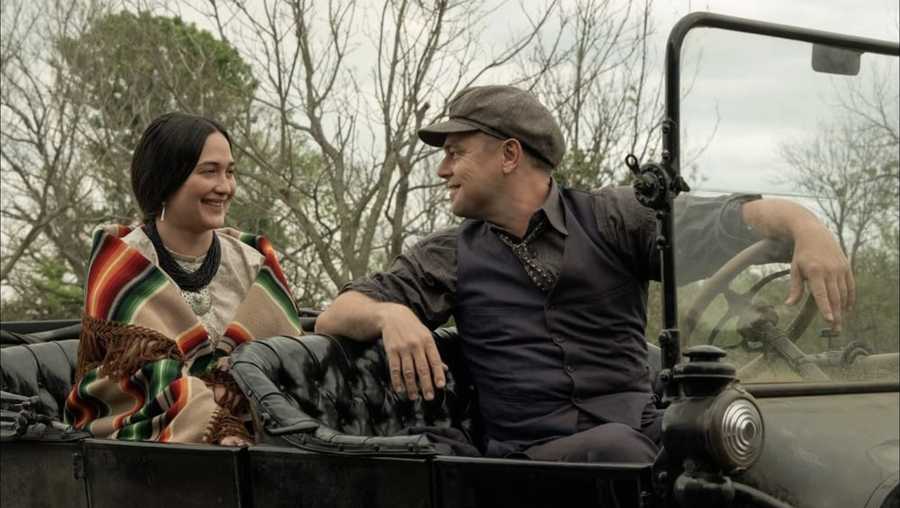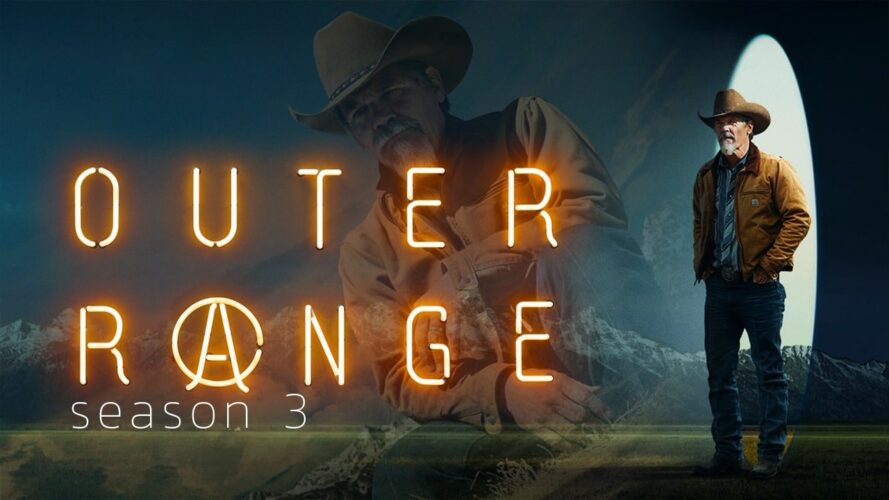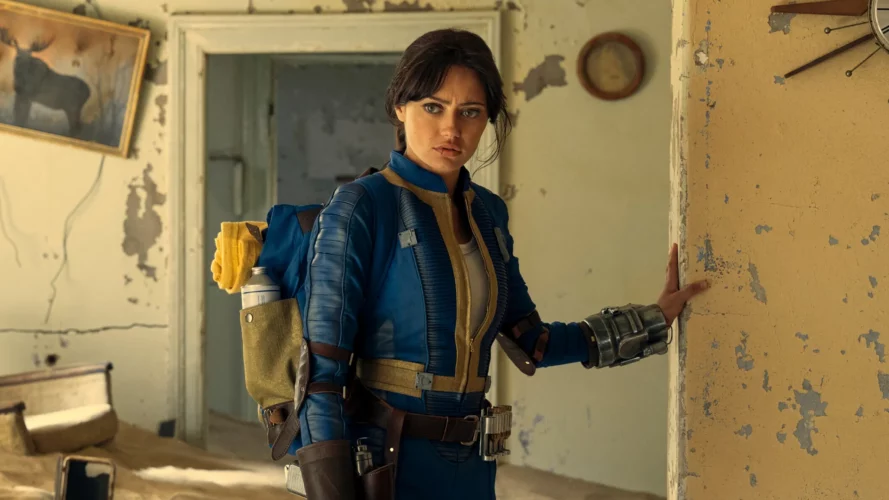In a virtual rendezvous with Martin Scorsese and Leonardo DiCaprio, Lily Gladstone embarked on a unique journey into the heart of ‘Killers Of The Flower Moon.’ The actress, raised on a Blackfeet reservation, navigated the casting process with questions about her origins, emphasizing the film’s sensitivity toward the Osage tribe’s tragic history during the 1920s Reign of Terror in Oklahoma.
DiCaprio, recalling the decision to cast Gladstone as Mollie, Ernest Burkhart’s wife, revealed that no scenes were read during the audition. Instead, they delved into Gladstone’s background, and upon concluding the call, Scorsese promptly endorsed her for the role.
Gladstone’s breakthrough role faced hurdles, from a glamorous Cannes premiere to a subsequent silence due to the SAG-AFTRA strike during the film’s theatrical release.

However, recognition eventually came, making her the first Native American actress to win a Golden Globe and secure an Oscar nomination. This achievement positions her as a spokesperson for Native American representation, addressing the historical oversight in film portrayal.
As Gladstone gracefully bears this responsibility, her Oscar-nominated performance in ‘Killers Of The Flower Moon’ resonates. The character of Mollie Burkhart, depicted against a backdrop of greed and human nature, transforms the narrative into a cautionary tale.
The film deviates from the expected Western trope, avoiding the “white savior” stereotype, and crafts a compelling, original story that explores the consequences of exploiting the vulnerable.
In an exclusive interview for Deadline’s Virtual House, Gladstone reflects on the gratifying aspects of promoting the film. She notes the audience’s profound connection with Mollie and highlights the pivotal shift in focus, bringing Indigenous history to the forefront.
‘Killers Of The Flower Moon‘ becomes a vessel for understanding the ongoing impact of colonization on Indigenous communities, offering a compelling entry point into this shared history.



